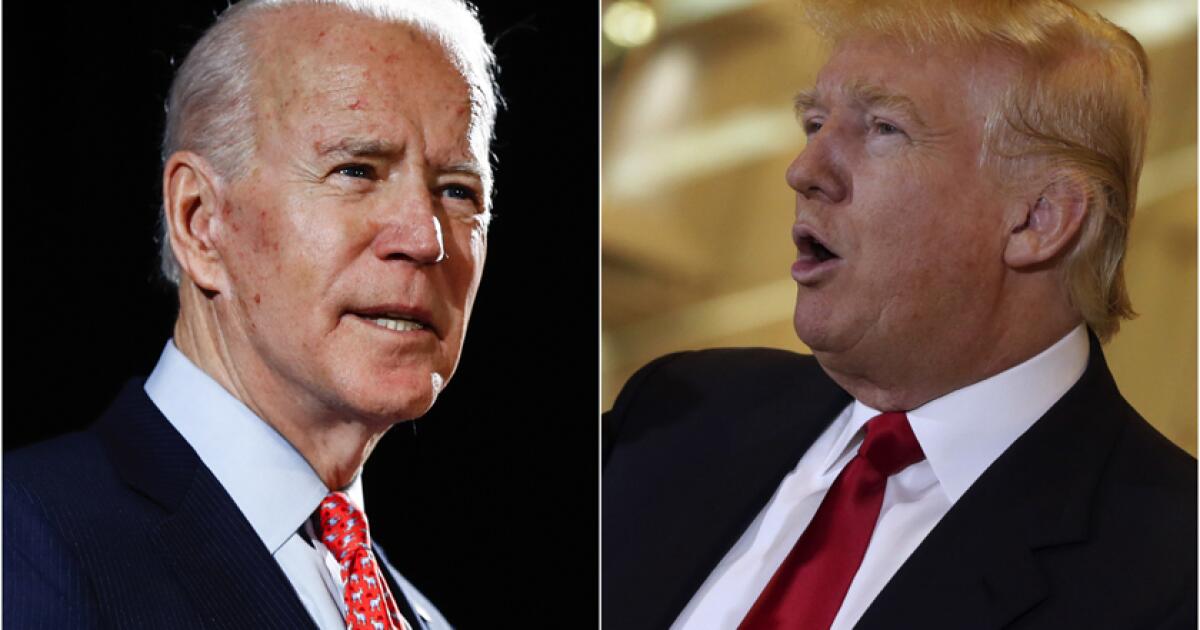In Gaza, the Israeli military remains on the offensive, and in the United States, Prime Minister Benjamin Netanyahu has spent the past week seeking further support for Israel's assault on the Palestinian enclave.
But that apparent shared purpose does not reflect the reality: a growing divide between the generals and the government. And analysts say it means that Israel's initial unity when it comes to the Gaza war is a thing of the past.
Occasionally, the differences come to light. Most recently, they have focused on the recruitment of ultra-Orthodox students in Israel's yeshivas: military generals and many secular Israelis want them to be recruited like other Jews, but ultra-Orthodox parties that oppose the draft are a vital part of Netanyahu's cabinet.
But perhaps of greater importance to Gaza are differences over the conduct of the war and how to end it.
In June, Israeli military spokesman Daniel Hagari said: “Anyone who thinks we can eliminate Hamas is mistaken.” The problem is that one of those people is Netanyahu himself, who has clearly made the destruction of Hamas one of his conditions for ending a war that has already killed nearly 40,000 Palestinians. That criticism is part of a broader dissent among some Israeli leaders, and even Netanyahu’s own defense minister, Yoav Gallant, has cast doubt on whether there are any plans to end the war, which began in October.
Netanyahu has reserved his own criticism for the military, sharply criticizing plans the army had announced, also in June, for “daily tactical pauses in fighting” to facilitate aid deliveries. An Israeli official at the time was quoted as saying that Netanyahu had made it clear to the military that this was “unacceptable.”
The differences between the military and Israel's right-wing political establishment are nothing new, and are especially acute at the moment because of the presence of the far right within the government.
Over the past twenty years, far-right settler movements have moved from being a marginal element in Israeli politics to occupying a prominent place in the country’s political and institutional life. Former supporters of Jewish movements banned as “terrorist” groups now occupy senior ministerial positions, with no attempt made to repudiate their former affiliations.
In addition to an energetic and often aggressive base, representatives of the far right dominate many of Israel's institutions, including the police and the education system, and their influence over Israel's traditionally secular military is becoming increasingly apparent.
The rise of the far right
By repeatedly threatening to walk out and collapse Israel's electorally vulnerable ruling coalition, ultra-nationalist National Security Minister Itamar Ben-Gvir and Finance Minister Bezalel Smotrich have come to wield an effective veto over domestic policy.
This includes any potential ceasefire agreement in Gaza, and Netanyahu has chosen to ignore those in the West calling on him to end an internationally unpopular war, instead fearing the wrath of the far right more. Netanyahu has his own legal problems, and losing the protection afforded by his current position could prove costly.
The far-right's critical view of the military is not new. Rather, it stems from the army's role in the 2005 expulsion of illegal Israeli settlements in Gaza, a move that was violently resisted by settlers in the enclave, and from its continuing – if sometimes contentious – relationship in the occupied West Bank, which has been officially administered by the military since 1967.
“It seems strange, I know,” said Eyal Lurie-Pardes of the Middle East Institute, “but the settler movement has repeatedly accused the military of anti-Jewish bias in the West Bank.” And some of that suspicion goes beyond differences over war policy.
“With its emphasis on gender balance and LGBTQ rights, the military is often criticized by settlers and the ultra-Orthodox for what they see as its progressive culture,” Lurie-Pardes said.
According to independent Israeli analyst Nimrod Flaschenberg, the “march through the institutions” of religious and far-right Zionists prompted by the Gaza withdrawal in 2005 saw a gradual infiltration of many of the country’s establishments, from the media to education and the judiciary, but the slow-moving hierarchies of the military are a work in progress.
However, their influence in the military is growing. In a recent report published by The Guardian, the British newspaper suggested that about 40 percent of graduates of the army’s infantry officer schools come from hardline religious Zionist communities more aligned with Ben-Gvir and Smotrich’s worldview than the ultra-Orthodox Haredim, who avoid military service, or the senior commanders of the Israeli military’s secular old guard.
“This influence is evident both in Gaza and in the West Bank,” said Flaschenberg, referring to areas – the latter in particular – that Israeli settlers consider theirs by divine right. “There are mid- and low-ranking officers who repeat almost genocidal religious chants, while turning their backs on Palestinians or committing horrific human rights abuses. Meanwhile, their generals denounce these actions, but do nothing to stop them.”
One such notable denunciation came in early July from outgoing Israeli general Yehuda Fox, who has served in the Israeli military since 1987. He publicly condemned settler violence, which has claimed the lives of dozens of Palestinians in the West Bank during the course of the war, calling it a “nationalist crime.”
And yet, ultimately, criticism from the military of Israeli actions in the West Bank remains few and far between, with the military itself carrying out near-daily raids on Palestinian towns, villages and villages, and even attacking them from the air since October. Senior military officials rarely criticise the mistreatment of Palestinians under occupation.
As for the war in Gaza, both the military and the government have fully supported the widespread destruction of Gaza and accepted the killing of thousands of Palestinians, although differences largely revolve around tactics and future plans.
At war with the army
In early July, Gallant told the public that the Army needed 10,000 additional troops immediately if it wanted to maintain operations.
In early June, media reports pointed to shortages in equipment, ammunition and troops, with more and more reservists failing to show up for duty, reports of tanks entering Gaza only partially equipped and broken equipment going unattended.
Reports also indicated that the army was willing to reach a truce with Hamas if such a deal led to the return of the remaining captives in Gaza.
“People are unhappy, but we are far from reaching critical mass,” said Mairav Zonszein of the International Crisis Group. “However, this is the closest to that that I can remember. I can’t think of any other time when criticism [on both the army and government sides] “It was carried out on this scale.”
However, signs of war weariness are growing in Israeli society. The Israeli association New Profile, which supports Israelis who wish to avoid military service, reports an increasing number of inquiries from conscripts and reservists wishing to avoid serving in the Israeli army.
“There has been an increase in investigations since October 7,” a spokesman for the group told Al Jazeera, referring to the start of the conflict.
“We are seeing more and more reservists turning against the war or not wanting to return after being traumatized by previous deployments,” the spokesman said.
Although far from ready to mutiny, few would suggest the military is not experiencing unprecedented pressure.
Undermanned, underequipped and with no clear victory in sight after nearly ten months of war, the Israeli army nevertheless finds itself fighting on multiple fronts.
In Gaza, he maintains a monopoly on force; in Lebanon, he threatens and harasses; but at home, he feels hemmed in: the far right is taking over his ranks and the politicians he has pledged to serve are accused of putting their own ends above those of the army they command.












